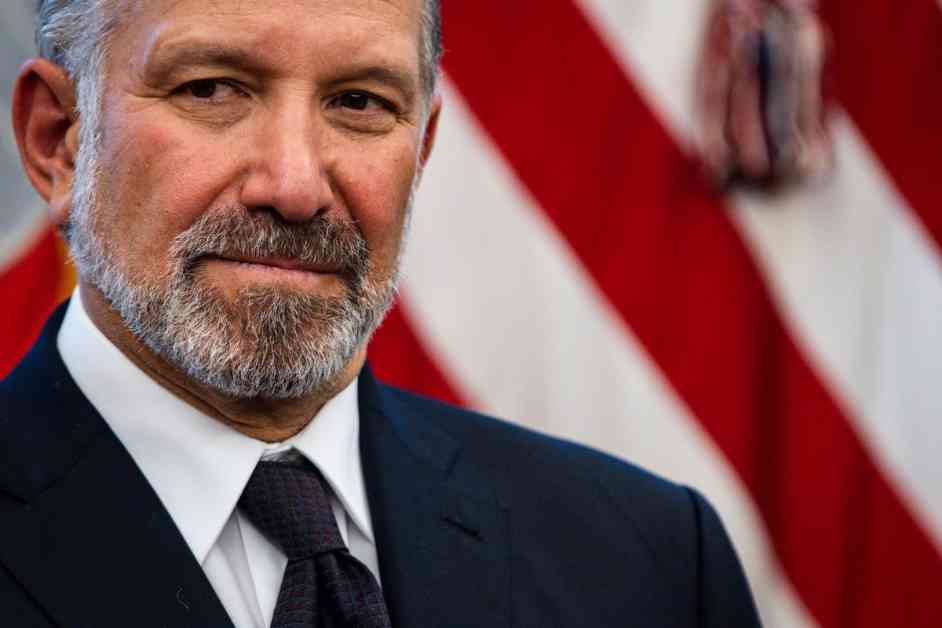A Flurry of Unsigned NOAA Contracts Causes Major Headaches
In a surprising turn of events, the National Oceanic and Atmospheric Administration (NOAA) is facing a massive backlog of more than 200 contracts that have yet to be signed. This bottleneck has brought agency operations to a screeching halt, prompting concerns from even Senator Ted Cruz, a staunch supporter of the Trump administration. The main culprit behind this chaos? Commerce Secretary Howard Lutnick, who took office in February and decided that he needed to personally review any contract exceeding $100,000.
What’s the Big Deal?
So, why should we care about this bureaucratic nightmare, you might ask? Well, for starters, the delay in signing these contracts has led to furloughs for NOAA employees and a work environment filled with stress and urgency. Instead of focusing on their actual work, NOAA staffers are stuck justifying their actions and waiting for decisions to be made. This gridlock has even affected critical projects like ensuring polar weather satellites receive necessary updates and maintaining flood assessment services for hurricane-prone areas.
The Blame Game
While Lutnick shoulders much of the blame for this contract crisis, he’s not the only one at fault. Before contracts even reach his desk, they must pass through the hands of individuals like Keegan McLaughlin, a former college student turned government efficiency advocate, and Bryton Shang, a member of Elon Musk’s Department of Government Efficiency. The approval process involves presenting proposals in the form of slide shows or bullet points, adding unnecessary layers of complexity that only serve to prolong the decision-making process. And when contracts do finally make it to Lutnick, they often face rejection or demands for budget cuts, further exacerbating the problem.
The Fallout
As a result of this bureaucratic nightmare, vital NOAA programs are at risk of being cut, with inexperienced officials lacking the institutional knowledge needed to make informed decisions. The sheer volume of contracts awaiting approval, coupled with the lack of understanding around the implications of delays, paints a grim picture for the future of NOAA operations. With Senator Cruz warning of potential trouble in his home state of Texas due to the backlog, the urgency of resolving this issue cannot be overstated. As NOAA employees continue to navigate this bureaucratic maze, the fate of critical projects hangs in the balance, leaving many wondering if and when a resolution will be reached.










